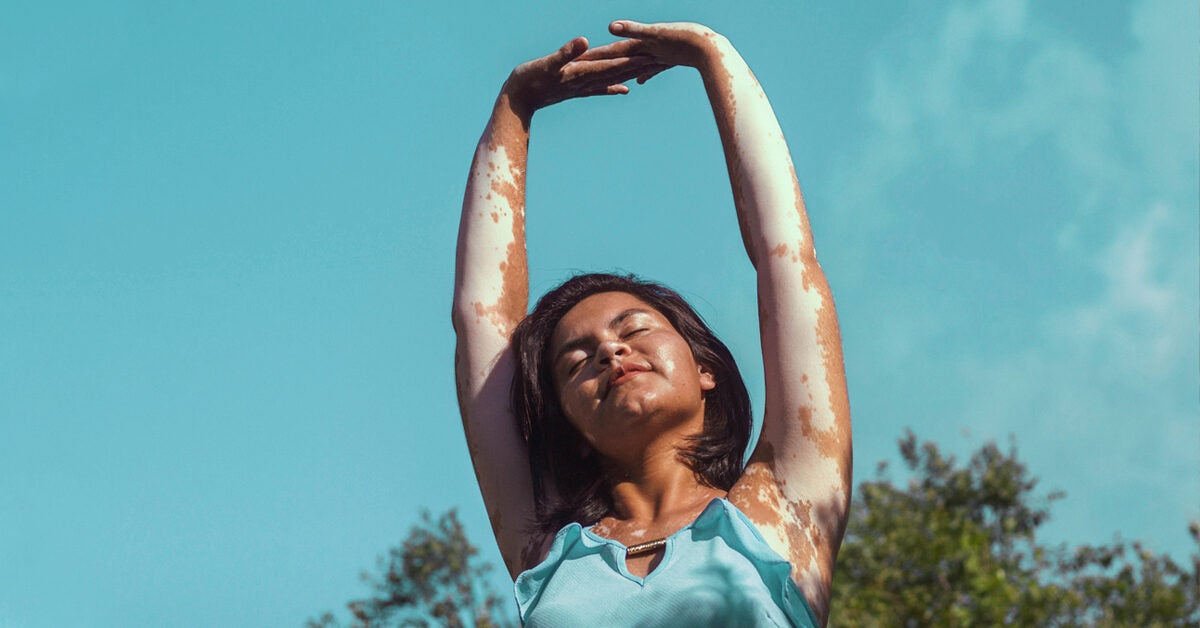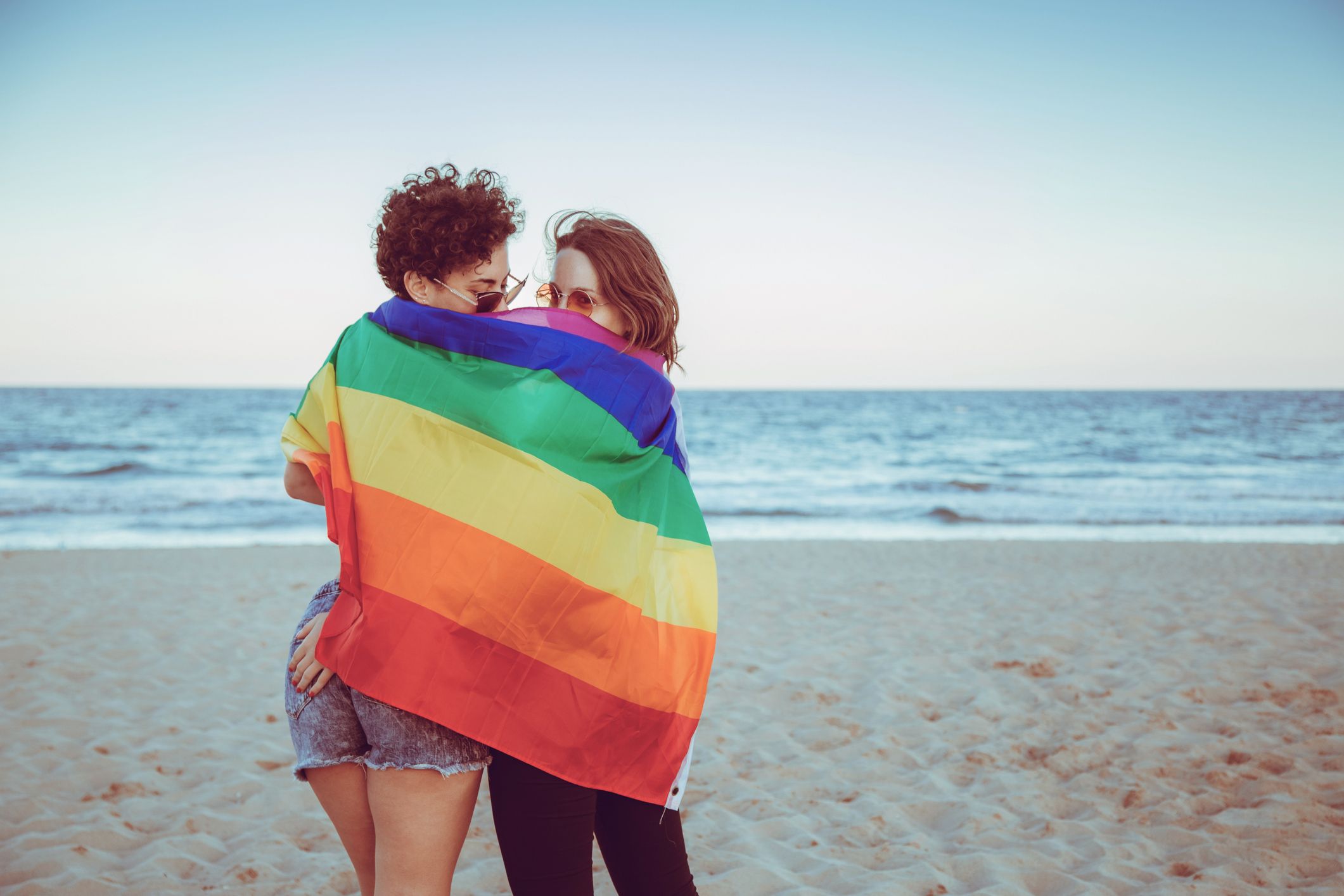Bisexual Visibility time, presented yearly on 23 September, is actually nominally about bi+ men and women to be able to end up being
observed
. Bi+ advocates frequently keep in mind that the “B” in LGBTQIA+ is “quiet” â noted within phrase, but rarely dealt with.
The actual fact that
a lot of
surveys
demonstrate that our company is the biggest piece of this LGBTQIA+ pie, there is the minimum number of study committed particularly to recognizing our very own experiences and why negative outcomes are greater for the class.
Versus gay men and lesbians, we since bisexuals tend to be
inclined
in which to stay the cabinet, and unfortunately we have been less likely to want to consider our sexuality as a confident element in our life. May be the problem right here “visibility”, or, is one thing much deeper on the line?
In my own knowledge as a cisgender lady, i am aware that whenever i discovered myself in my own basic long-term “exact same intercourse” union I stopped speaking about bisexuality. Finally, my personal queerness had been obvious, and I also found my self accepted into places and groups which had formerly already been extremely dangerous to me.
The flip area of greater queer visibility was, however, that we practiced much more homophobia. There was enhanced homophobic harassment on the street along with other interpersonal tensions, amounting to feelings of exclusion of another type.
I did not would you like to compromise my freshly found owned by fellow queers by writing on my personal bisexuality. Letting that silence simmer away designed that most the job I did through that duration to just accept my self was just actually ever limited, additionally the area that I intended for various other bisexual individuals had been nil.
I
f you’re like me, you know that internalised biphobia could be an enormous endeavor and is extremely difficult to expunge without outside assistance.
We clearly understand that as I ceased writing about my affiliation with bisexuality, I happened to be often really judgemental about friends or acquaintances who honestly mentioned the trouble of biphobia. My personal negativity toward my personal bisexual kin had been based on three attached assumptions which perpetuate biphobia.
My personal basic assumption ended up being that biphobia isn’t as significant as homophobia. It is a pervasive opinion in a few queer and directly groups identical, which warrants urgent interest.
Though surveys
program
lots of within the LGBTQIA+ society hold a notion that bisexual women enjoy more social acceptance, data about our health and wellness and social results beg to differ. Bisexual females experience
higher prices
of feeling and anxiety conditions than our lesbian and heterosexual competitors and report having intimate assault at
greater costs
.
A current report through the
LGBT Basis
in the UK in addition identified that throughout their lockdown duration there is a 52percent increase in telephone calls about homophobia, 100per cent enhance about transphobia, and a whopping 450per cent increase in calls about biphobia.
Plainly the pandemic provides intensified the emotions of isolation that bisexual people already face. Generally speaking, bisexuals of any sex are at higher risk of suicide than lesbians or gay males.

There is certainly fairly little analysis or concept specialized in examining the reasons for adverse results and encounters for bisexual folks. Perhaps the view that biphobia is actually less really serious performs a part within this.
In my opinion, i am aware this notion required that We invested a lot of effort combat homophobia (both internalised and external) although not biphobia alongside this. I could perhaps not see how these battles were interconnected, as fights against limiting intimate and gendered norms. If such a thing, We thought that biphobia was really simply difficulty of homophobia, couched various other terms and conditions.
I really could not recognize the particular oppression that comes from
perhaps not
becoming monosexual, while I’d skilled this first-hand. In maybe not attending to biphobia especially, I often continued the exclusionary attitudes that I experienced experienced others show for me before I found myself in a “exact same sex” union.
This very first expectation is actually underpinned of the next that I used to create, that the most significant concern dealing with bisexuals is
just
too little interest, frequently couched as “visibility”.
Presence is seen as a frivolous demand, especially in areas and scenes that do not “actively” exclude bisexual folks. What is missing from this understanding is numerous bisexual folks have trouble with attempting to be
observed
after all.
Given the negative stereotypes related to bisexuality â untrustworthiness, greediness, indecisiveness, contagion â the desire getting “visibly” associated with the identity just isn’t straight forward. Bisexual women frequently encounter visibility as things of intimate fetishization and goals for harassment and sexual assault from directly men.
There clearly was a sense a number of queer spaces that acceptance of everyone during the phrase needs to be thought, hence being vocal is therefore overkill. Occasionally, needs for bisexual presence can seem to point out problems that merely isn’t here, which feeds inside assumption that it’s simply a question of interest. As feminist scholar Sara Ahmed has
noted
, occasionally once you highlight the trouble, you then become the problem.
These first couple of assumptions coalesce to make the thing I accustomed hold as my 3rd assumption, that bisexuals should simply decline any apparently “right” needs.

The hetero/homo binary is an asymmetrical relationship, meaning heterosexuality occupies a privileged status in community. It is occasionally believed that become throughout the “right” part of queer activism should imply purging any such thing affiliation making use of the “other part”.
Just take these contours from Queer country’s
manifesto
, released in 1990, including:
I’d like there becoming a moratorium on right matrimony, on infants, on community showcases of affection on the list of opposite gender and mass media images that encourage heterosexuality. Until I’m able to benefit from the same independence of motion and sexuality, as straights, their unique privilege must stop also it must be provided over to me personally and my queer sisters and brothers.
This manifesto, a key book in queer history, enables room for “queer” but just so long as absolutely nothing demonstrably “directly” is actually included. In case you are bisexual and have now a so-called “opposite sex” spouse, in the event you keep them inside closet? Should you try to avoid leading to “public shows of love”?
Bisexual presence is actually rendered impossible unless the actual areas that produce one bisexual, and not homosexual or lesbian, remain hidden.
This nourishes in to the opinion, as well as concern, that bisexuals can simply “pick” is directly should they like to. Because of this, some bisexuals find it difficult finding queer associates, considering the ongoing risk of “right” betrayal. Within direct contexts, naturally, you will find comparable assumptions that run â plus usually literally and intimately aggressive actions â that hold bisexual folks in an impossible location between globes.
Something truly fundamental these assumptions will be the biphobic question â
but would bisexuals even exist?
This goes toward the center regarding the case of alleged “bisexual visibility”. Visibility is not about interest, it really is concerning possibility to occur, also to have one’s life accepted.
Queer theorist Judith Butler uses the phrase “livability” to describe the health of to be able to be intelligible as an interest. If you’re not intelligible (read: apparent) you simply can’t truly occur, you’re not truly residing.
Although we might find it difficult to
wish
to be noticed as bisexual due to pervasive stereotypes and assumptions, biphobia is not overcome without recognition of bisexual presence.
W
hen bisexual men and women are accused to be also vocal, or using up extreme queer room, issue that lingers personally now could be: why do we that is amazing there is certainly just finite room in which to commemorate queerness? The reason why would validating another person’s presence invalidate anyone else’s?
I think that every too often the assumptions We have laid out take place by directly, bisexual and other queer men and women as well, and it also means plenty bi+ people believe forced to stay hushed, to stay “invisible”, which, not to truly “exist”.
All this work does is actually slim the extent of queer chance, strengthening a difficult line between “direct” and “queer” worlds. If even more bi+ everyone was permitted to openly “exist” these difficult traces would easily crumble.
This is not about considering bisexuality is much more “radical”, it’s simply about realising that people can â and require â to break sexual norms in the globes we so fast relegate people (frequently ourselves) to.
I’m attempting to become more vocal about my bisexuality after years of silence because We see the way that it has got just narrowed my own self-conceptions but in addition has triggered small space-making for others. This is something that we only realized when I was solitary once more and began internet dating people over the sex spectrum.
I thought that I’d completed the work to battle my personal interior struggles, but We realise since attaining bisexual intelligibility calls for continuous work, from allies and bisexual people identical.
What this means is perhaps not assuming inclusion but working hard for addition. It indicates challenging your own biphobic presumptions even if (and possibly particularly if) you might be bisexual.
Each of us should do the work in order to make this room between worlds not only inhabitable but flourishing. This is what Bisexual exposure Day is actually in regards to: generating bisexual life possible.
Hannah
McCann
is a Melbourne based copywriter and academic. She produces on queer femininity, charm and identity. You’ll find the lady on Twitter
@binarythis
or find out more of the woman thoughts at
www.binarythis.com
.